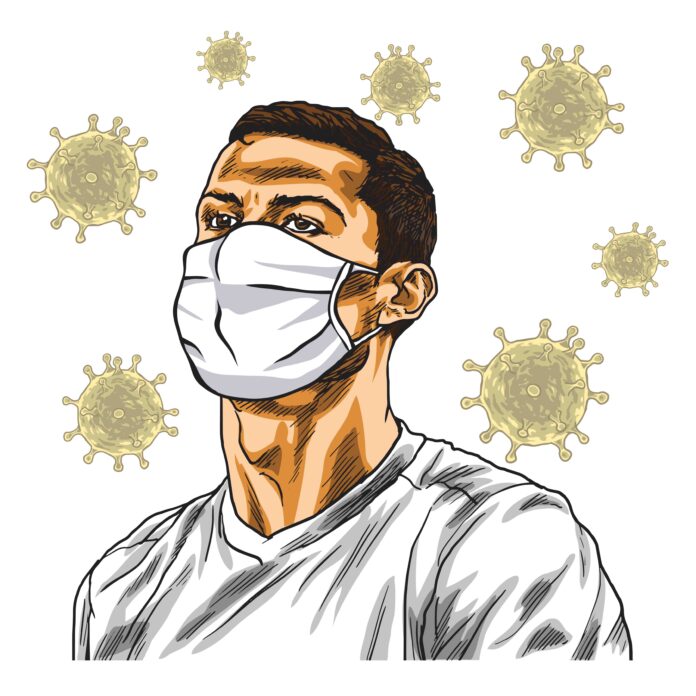Leaders aren’t doing enough to confront one of the greatest public health menaces in modern history.
Increasingly, bacteria and fungi are evolving into “superbugs” that are immune to existing treatments. This phenomenon, known as antimicrobial resistance, is one of the top ten public health threats currently facing humanity, according to the World Health Organization. In 2019, antibiotic resistance was associated with more than 170,000 deaths in the United States and nearly 5 million deaths worldwide.
The U.S. government has a long and mostly successful history of responding to national health crises, from funding Operation Warp Speed to accelerate the development of COVID-19 vaccines, to establishing the Office of Public Health Emergency Preparedness in response to the anthrax attacks of 2001.
But our leaders often focus on preparing for the sorts of threats we encountered in the recent past, rather than the threats that are gaining momentum right before our eyes.
Consider how many governments around the world are dedicating public resources into preparing for the next pandemic — which, to be sure, is an important task. Yet superbugs pose an equally grave danger today. They’re here already, yet they’re receiving comparatively little attention.
The solution isn’t as complicated as one might expect — but it is unique to this segment of medicine. Existing antimicrobial medicines should be administered carefully to delay the evolution of pathogens into drug-resistant superbugs.
But better stewardship alone won’t combat the superbug threat. We also need to develop new antimicrobials.
That brings us to the broken marketplace. Many antimicrobials are often only prescribed for a short duration, like several days or weeks. Consequently, low sales make it hard for inventors to recoup the major investments required to develop any new medicine.
As a result, many companies developing new antimicrobials — most of which are small companies — have been unable to successfully commercialize new products. Eight antibiotics developed by small companies have received FDA approval since 2013. Since their approvals, every one of these companies have either filed for bankruptcy, been acquired, or left the antibiotics space entirely.
One fix would be to replace the volume-based sales model with something like a subscription, in which drug developers are compensated for new treatments based on the value of the treatment to public health, regardless of the number of doses patients need.
Legislation that would do this is under consideration in Congress. A bipartisan group of lawmakers introduced the PASTEUR Act. Under the bill, the government would contract with a company for a set amount of funds for reliable access to an effective new antibiotic, essentially stabilizing a return on investment.
Passing PASTEUR should be one of Congress’ top priorities. AMR is a national security threat we know how to prepare for. It’s time our political leaders take advantage of that opportunity.
Phyllis Arthur is Senior Vice President for Infectious Disease and Emerging Science Policy at the Biotechnology Innovation Organization (BIO). This piece originally ran in RealClearHealth.



